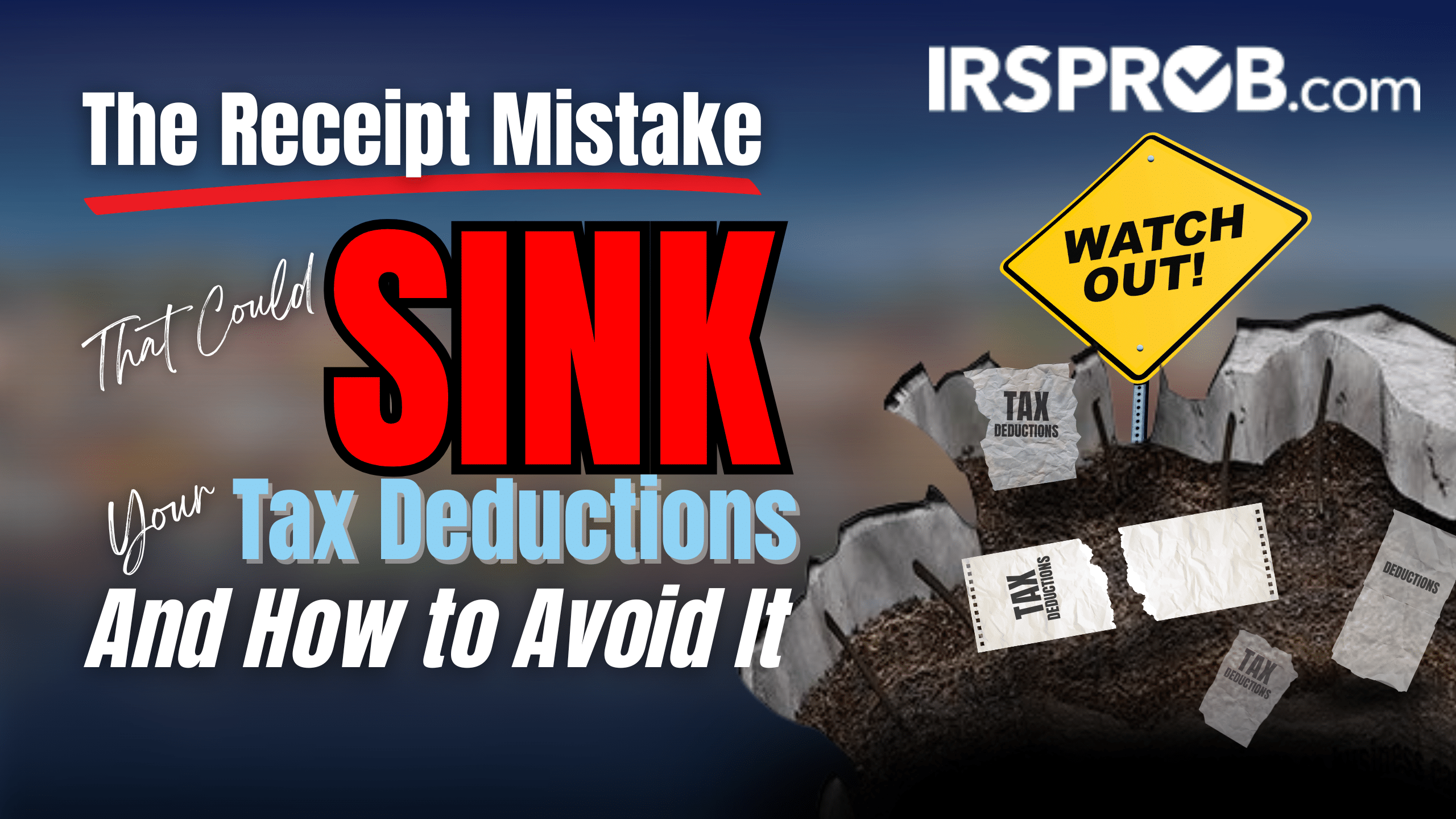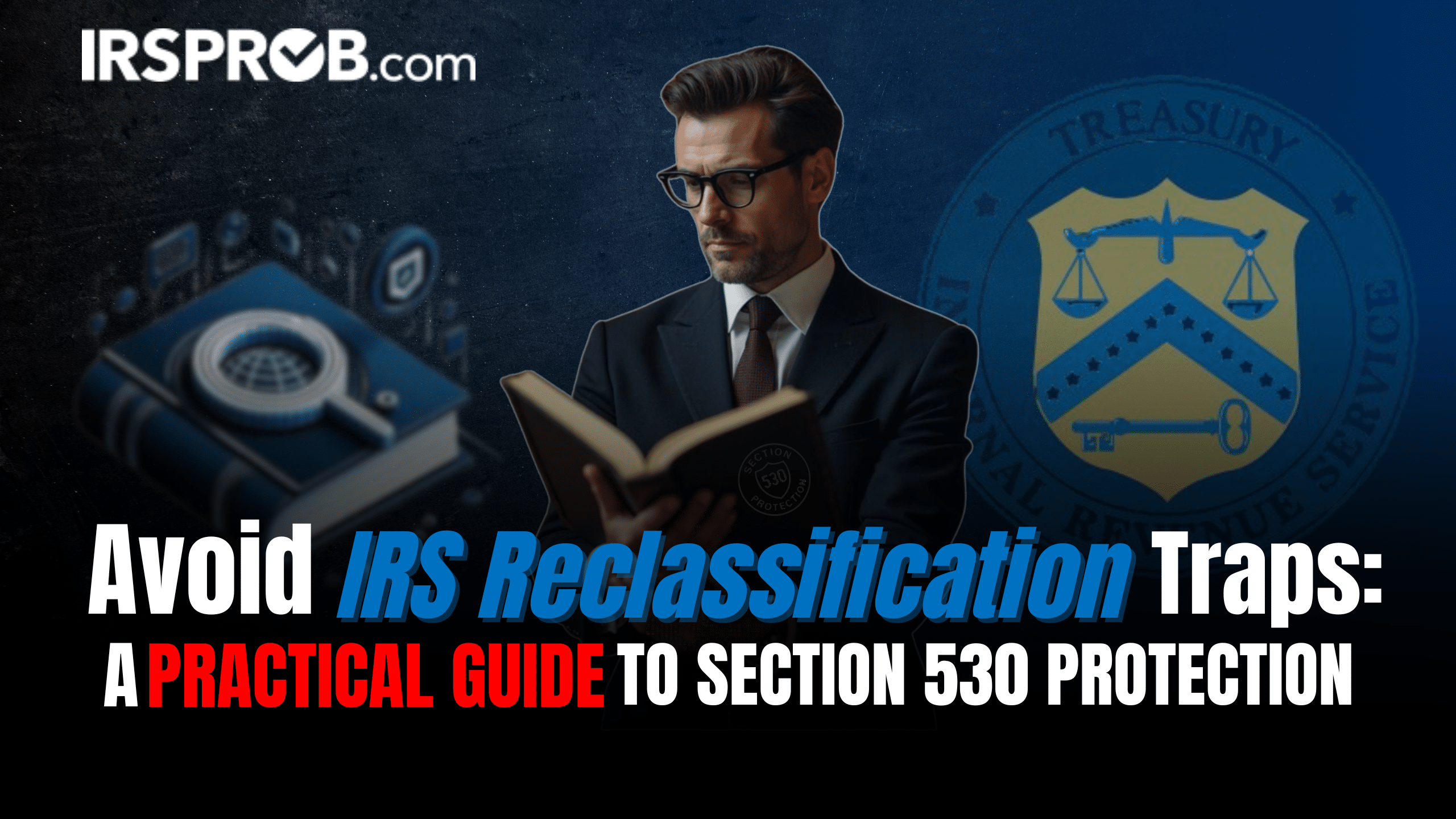Are you looking to take a break from your busy schedule while also saving on taxes? Combining a business trip with a mini-vacation might be the perfect strategy for you. By planning your travel carefully, you can potentially deduct a significant portion of your expenses.
The Strategy: Business and Leisure Combined
If you’re traveling for business within the U.S., consider extending your trip to include some personal downtime. As long as the primary purpose of your trip is business-related, you can deduct the entire cost of transportation, including airfare, train, bus, or car expenses. This means both your travel to and from the destination can be tax-deductible.
Key Requirements for Deductibility
To qualify for these deductions, you must meet specific IRS requirements. The primary purpose of your trip must be business-related. If the main reason for your travel is a vacation, you won’t be able to deduct any of the travel costs. Essentially, your trip cannot be a “disguised vacation.”
What You Can Deduct
When the primary purpose of your trip is business, you can deduct:
- Airfare and Travel Costs: The cost of getting to and from your destination, whether by plane, train, bus, or car.
- Transportation to and from the Airport: This includes taxis, rideshares, or other transportation methods.
- Lodging and Meals: Expenses for lodging and meals during the business portion of your trip are also deductible, subject to certain limits.
Planning Your Trip
To ensure your trip qualifies for these deductions:
- Document Everything: Keep detailed records of your business activities, including meeting agendas, conference schedules, and receipts.
- Separate Business and Personal Expenses: Clearly distinguish between expenses incurred for business and those for personal leisure.
- Follow IRS Guidelines: Refer to IRS Publication 463 for detailed rules on travel, gift, and car expenses.
Example Scenario
Imagine you’re traveling to a conference in New York for three days. You decide to stay an additional two days to explore the city. As long as the primary purpose of your trip is the conference, you can deduct the cost of your round-trip airfare and the expenses for the three business days. The costs associated with the additional two days of personal leisure, however, are not deductible.
Conclusion
Combining business travel with personal leisure can be a smart way to take a break while also saving on taxes. By ensuring that the primary purpose of your trip is business-related and keeping thorough records, you can maximize your deductions and enjoy some well-deserved downtime.









